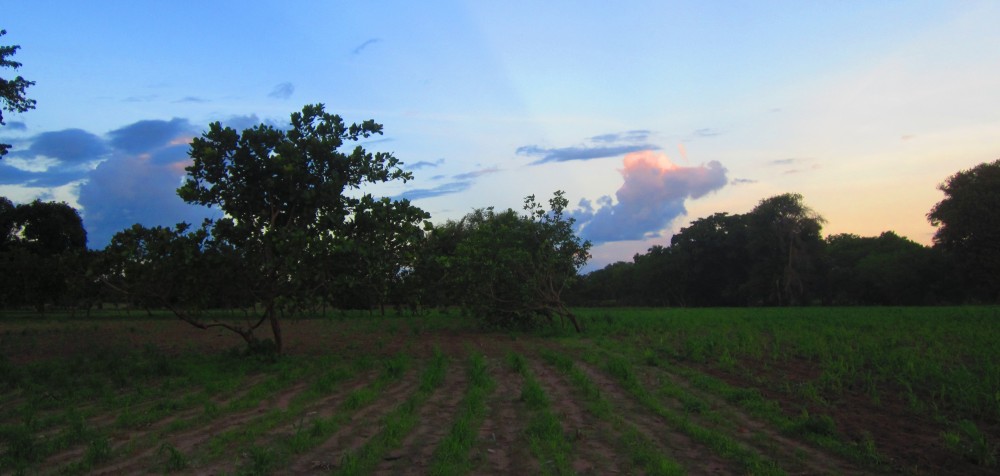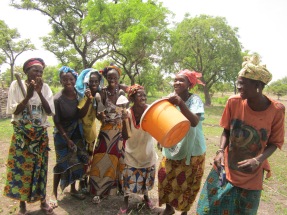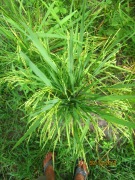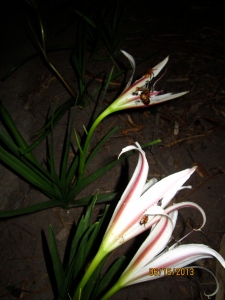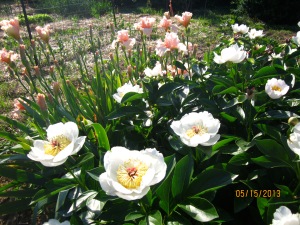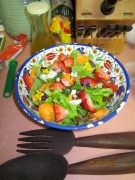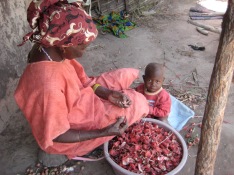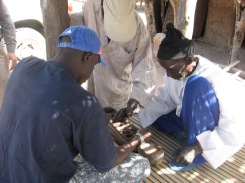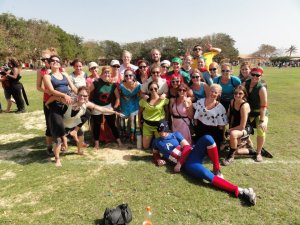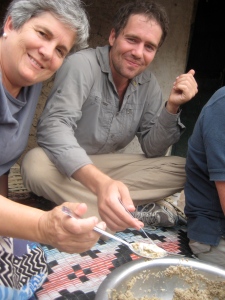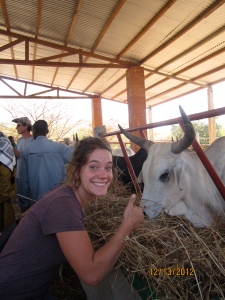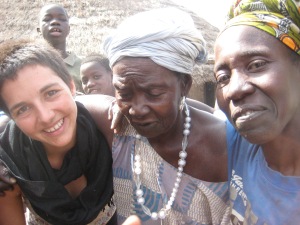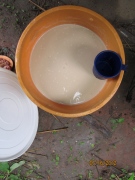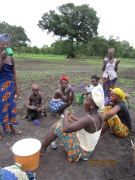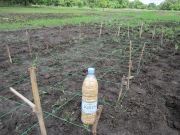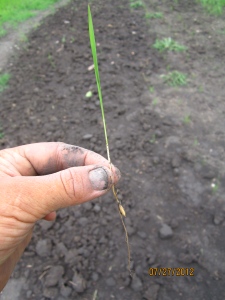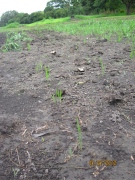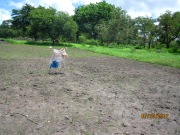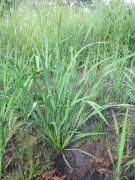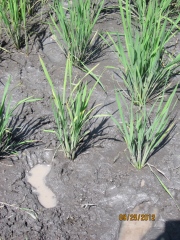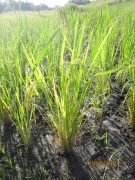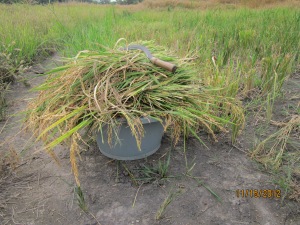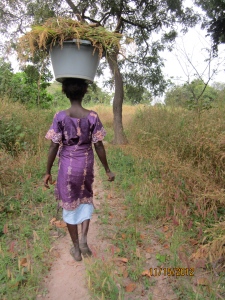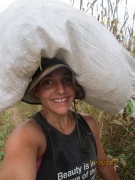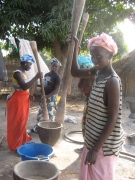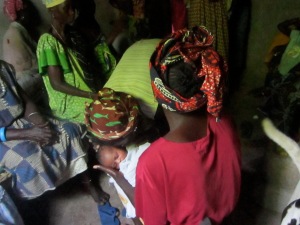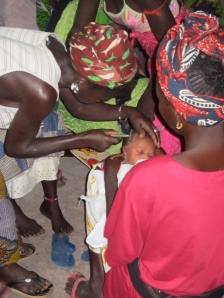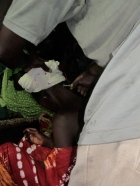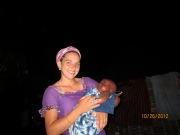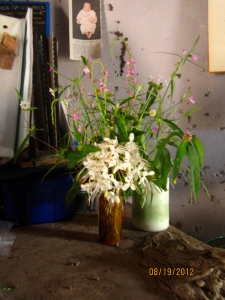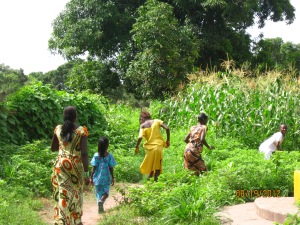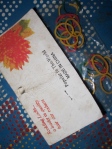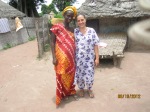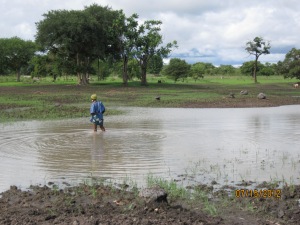15 September 2013
On my bike ride from Dabo to Fode Bayo, the last leg of my return trip from Linguere, the edge of the desert in North-Central Senegal, I was thinking about the work lying before me at site. I went to Linguere for the last of the four SusAg summits of my service. The meeting was productive in terms of sharing feedback for the program and, I hope, for passing knowledge on to the first year PCVs. Mostly, though, it was productive in realizing the strength of the friendships we’ve formed; that we, the SusAgs, are of one kind, serious and passionate about work and prone to relish in humor and conversation at the bar. But this is not what I was thinking about on my bike ride.
What I was thinking about was another symptom of suffering lasts. For the past two years I’ve planned my life in four-month chunks. As one month past, I’d look to the next four. September had just started but there was no December to plan for. My last four-month plan was my last. I have vague ideas about what December will hold, being with family, visiting friends, applying to graduate school; but these things have nothing to do with my bike ride to Fode Bayo.
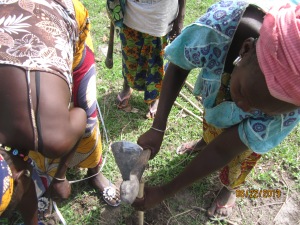
Women from my educational group using their number recognition skills to measure out SRI demonstration plots.
What my last three months hold are merely follow-through on the preceding three months, which were a response to the rest of my service. As you may remember, last year I did a demonstration of the System of Rice Intensification (SRI). In May I was invited, with two other Senegal PCVs, Lorraine and Luke, and one of our Senegalese technical trainers, Youssoupha, to attend a training of trainers for SRI extension sponsored by the West Africa Food Security Partnership and SRI-Rice in Ouémé, Benin. We stayed at a lush farm in this tropical region of Benin, where rainy season had already started and whose exemplary use of permaculture and organic practices served as inspiration beyond SRI. The locally owned farm was a perfect environment to learn the global history and implications of SRI and how to adopt the system best to the environments we work in. Before leaving the training, I’d arranged with eight women who I’ve been holding classes with on gardening and numeracy since October 2012 to do SRI demonstrations this rainy season. In Benin I planned variations on SRI we could test in Fode Bayo to find the optimal application for our rice culture. When we returned to Senegal, Lorraine, Luke and I presented what we’d learned at the conference at the pre-rainy season SusAg summit and then returned to site ready to start implementation. In June my Master Farmer, Gano, and I hosted an SRI training led by Youssoupha and his Mandinka-speaking counterpart, Arfang, to introduce SRI to other rice farmers in the surrounding area and to ensure my women understood the concepts well. Soon after my women and I got to work measuring plots, hoeing soil, then seeding and weeding. Each woman is maintaining three plots, one traditional technique plot, one with SRI direct seeded (an adaptation to our direct seeding, not transplanting rice culture), and one other variation on SRI. Getting around to the second weedings has been tough, because women work fields larger than they can manage well and I have not wanted to push sacrificing other rice, other food for our test plots. Now, as of a meeting two days ago, we are getting these plots weeded to be able to present them to the village and other farmers at an open field day in October.
My other major rainy season project is rooted in last year’s open field day, where my boss, Massaly, led a group on a tour of fields where I’d noticed particular problems or successes. A few months after that I asked Massaly back to Fode Bayo for a PACA (Participatory Analysis for Community Action), a means to help communities determine their own development goals. During this two-day meeting, attended by community members representing all demographics in village, the men stated one of their priorities was to learn about sustainable (direct translation: a way that does not end) methods for improving their agriculture. Thus in January, I began meeting once a month with four men to discuss principles of sustainable agriculture, including compost, alley cropping, earthworks and minimal tillage. Three of the four men made compost piles and therefore graduated to the step of creating conservation farming demonstrations. The afternoon of the same day we held the SRI training at the Master Farm, Youssoupha led a conversation about conservation farming and we demonstrated the use of the rip-tiller extended by PC/Senegal. Each of the three men are now maintaining demonstrations comparing corn or sorghum fields farmed using their current practices and rip tillage, amended with compost and mulched. At this point all that i left to do for this project is monitoring and evaluation.
I am also visiting the Master Farm and other farmers to whom I extended improve variety seed. I am working on repairing the main well in village where a non-functioning pump has been siting un-used and un-fixable for year, as a thank you to village for 100% participation in the community monetary contribution to repair the school water pump through USAID/PEPAM. I am writing my Description of Service (DOS) and Close of Service (COS) reports. I am spending days weeding in the rice fields. I am going for long walks with Nacho in the woods. The act of planning is on hold for now and I am working on that yoga tenet of presence, instead of my well-worn moleskin planner, to keep me going forward from here.
Namaste,
MaryCad.
